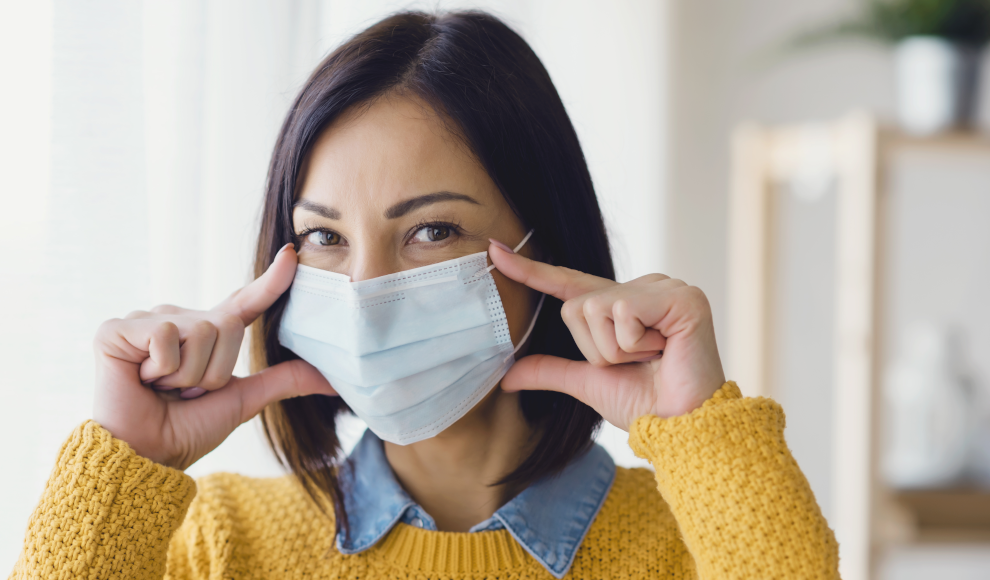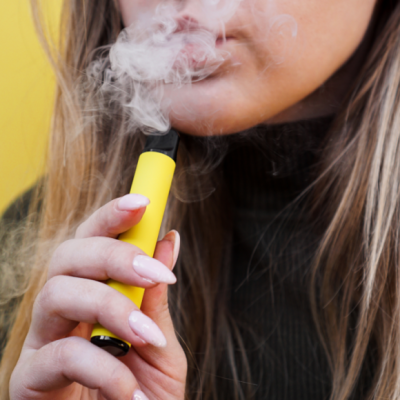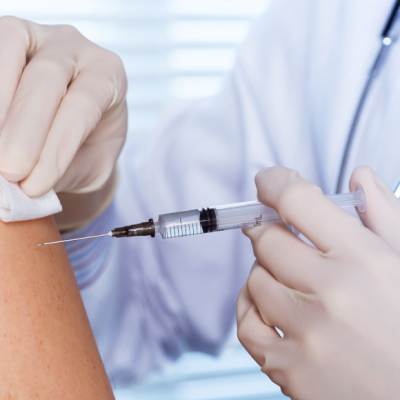Medical masks can almost completely prevent the absorption of radioactive radon decay products, according to recent research. Radon is a gas that is produced during the decay of radioactive components such as uranium and thorium in the earth’s crust. In Germany, this gas accounts for about half of the country’s radioactive background radiation. A recent map published by the Federal Office for Radiation Protection (BfS) shows that areas with high levels of granite are particularly affected by radon. Poorly ventilated rooms can lead to a harmful concentration of the gas. When inhaled, radon quickly decays and releases radioactive lead, polonium, and bismuth isotopes, which can bind to lung tissue and aerosols in the air. It is estimated that about 95% of radon exposure is caused by such aerosols. Prolonged exposure to radon can lead to DNA damage and significantly increase the risk of lung cancer.
Scientists at the GSI Helmholtz Centre for Heavy Ion Research have investigated whether people can protect themselves from these dangerous aerosols in other ways. According to their publication in the International Journal of Environmental Research and Public Health, they examined whether FFP2 and surgical masks can protect against radon and radon decay products. In their experiment, they placed measuring heads with and without masks in a test room with radon exposure. The measurements showed that medical masks do not protect against radon gas itself, but they do significantly reduce the absorption of radioactive decay products. Depending on the size of the aerosols and the humidity of the air, FFP2 masks could stop between 85.2% and 98.9% of the radioactive decay products, while surgical masks could stop between 79.5% and 98.4%. Therefore, medical masks are suitable as protection for people who are regularly exposed to high levels of radon.
In conclusion, the study shows that medical masks can be an effective way to protect against the harmful effects of radon decay products. While they do not protect against radon gas itself, they can significantly reduce the absorption of radioactive decay products. This is particularly important for people who are regularly exposed to high levels of radon, such as those living in areas with high levels of granite. The findings of this study could have important implications for public health and safety, and further research in this area is needed to fully understand the potential benefits of medical masks in protecting against radon exposure.










